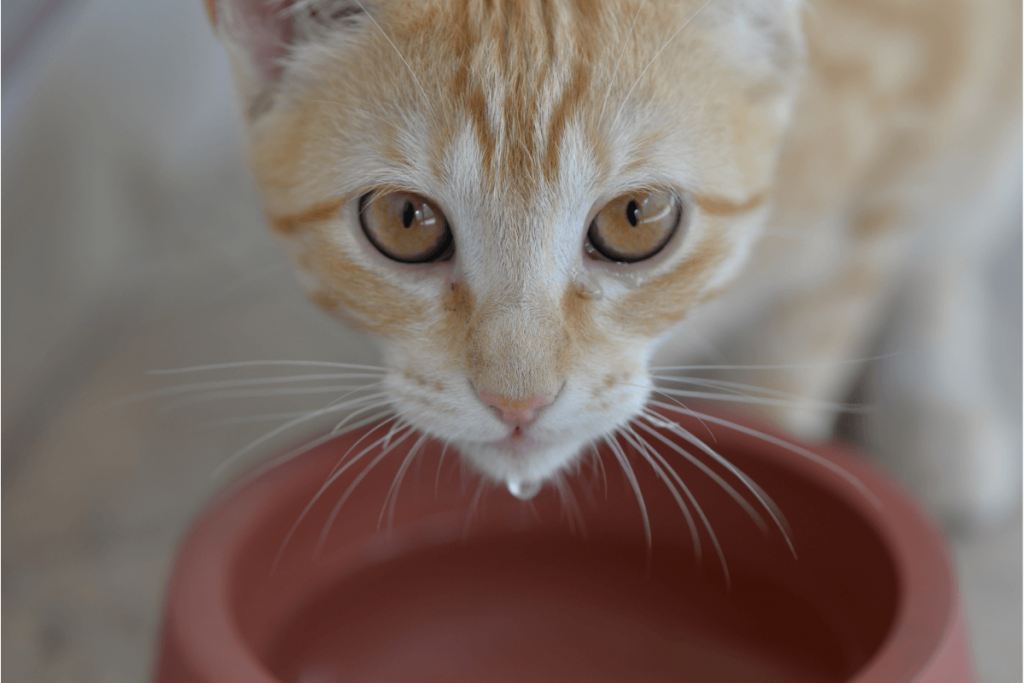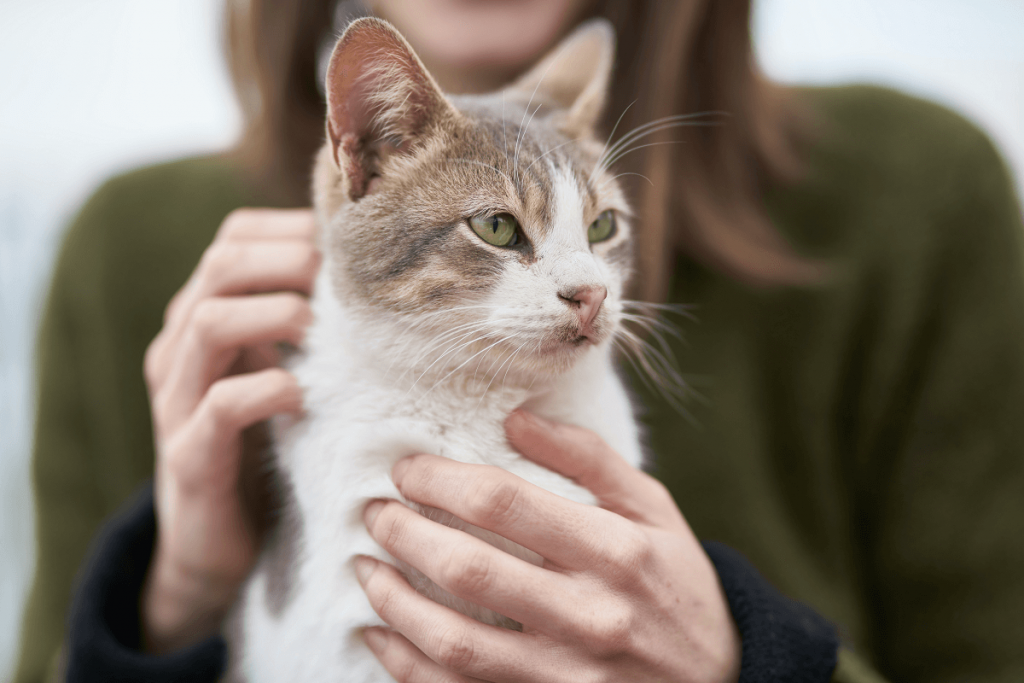While your cat’s weight may fluctuate a little from time to time, any unexplained weight loss needs to be investigated, even if they appear to still be eating normally.
In this blog we look at the most common reasons why your cat might be losing weight.
Dietary changes
Cats are notoriously finicky eaters, and one of the most common reasons for sudden weight loss is a change to their diet. They become quite used to what you feed them, so any change from their favourite brand may see them putting on a bit of a hunger strike. If you do change your cat’s diet, it’s best to do this slowly, and transition to the new food slowly.
Dental problems
Dental disease is very common in cats and can make it difficult and painful to eat, causing them to lose weight. If you notice your cat is having trouble chewing food, dropping pieces repeatedly when eating or is drooling all of a sudden, then it’s important that you have their teeth checked by a vet.
Hypothyroidism
If your cat is losing weight despite eating more than ever and is also drinking and urinating at an increased rate, then it may be suffering from hypothyroidism. This is most common in older cats, although can occur in cats as young as six. Left untreated, hypothyroidism can lead to high blood pressure and severe heart problems. However, there are a range of treatment options available including medication, and the condition can be quite easily diagnosed with a blood test.
Diabetes
Another common cause for weight loss in older cat is diabetes, with the condition also causing increased appetite, drinking and urination as well as lethargy. Cats are most likely to have Type 2 diabetes, which can be reversed with insulin and dietary changes. Diabetes can be diagnosed through blood and urine testing.

Kidney disease
Kidney disease can also cause sudden weight loss, along with increased thirst and urination. This is another condition more common in ageing cats. Your vet can perform blood and urine tests to check how your cat’s kidneys are functioning and recommend the best way to manage the condition and maintain their quality of life.
Stress and anxiety
If there has been a significant change to your cat’s living environment, such as the arrival of a new pet, baby or house move, then the stress from this change can cause your cat to stop eating. In this situation it’s important that your cat has their own space in the house where they feel safe and secure to help ease their distress and hopefully get them eating again. Your vet can also assist with advice for easing your cat’s anxiety in your specific situation, including the use of synthetic pheromones and medication.
Intestinal worms
If you have a cat who spends time outdoors and has lost weight, but is still eating normally, they may have intestinal worms. They may also have additional symptoms of vomiting, diarrhoea and bloating. If your vet suspects your cat has worms, they will analyse a faecal sample, and if positive, can prescribe medication to eliminate the worms.
Gastrointestinal issues
Gastrointestinal problems in cats are another leading cause of rapid weight loss, with accompanying symptoms typically including vomiting and diarrhoea. These problems may stem from food allergies, infections or inflammatory bowel disease. Gastrointestinal issues can be a little trickier to diagnose and may require further testing. Treatment can include dietary changes and oral medications, depending on the exact diagnosis.
Cancer
Unexplained weight loss can sometimes be a warning sign of cancer in cats. Tumours can interfere with normal bodily functions, leading to decreased appetite and weight loss. Cancer can also cause your cat to lose weight quite rapidly, along with reduced appetite, lethargy and changes in behaviour. To reach a cancer diagnosis, your vet will need to perform additional diagnostic testing, such as an ultrasound.
Early detection is key
Even if your cat is still eating well, it’s important that any unexplained weight loss is investigated by your vet. They will perform a thorough physical examination as well as blood and urine testing to help determine the source of the weight loss.
Early detection typically leads to better outcomes, so it’s important to make an appointment with your vet as soon as you notice any sudden or ongoing weight loss. Once a diagnosis has been made, most health conditions can be well treated, allowing your cat to live a happy and long life.
If you have any concerns about your cat’s weight, or any other health matters, our small animal vets are here to help. To make an appointment at our Gawler East vet clinic, you can book online or call us on 08 8318 1801.

